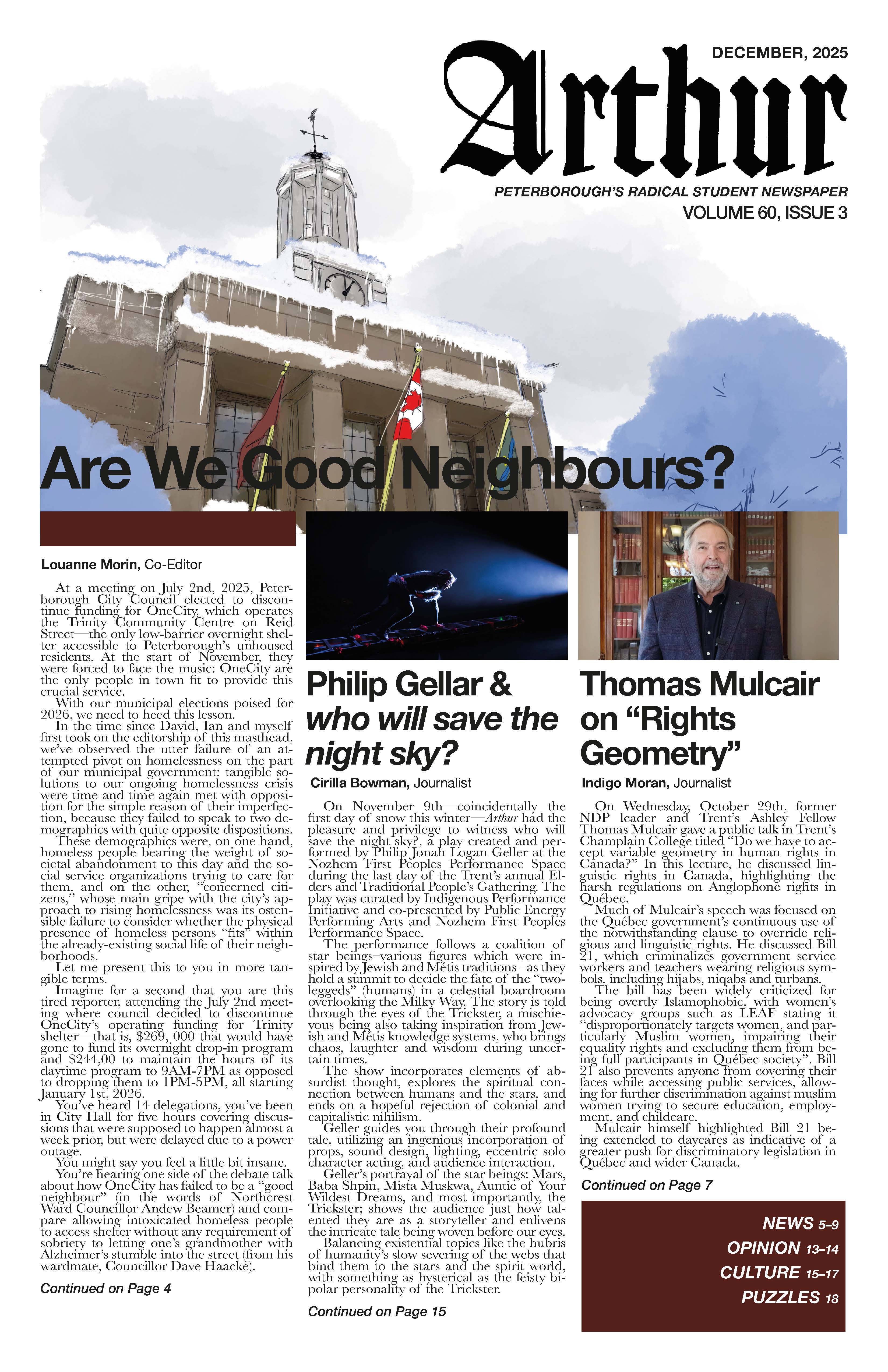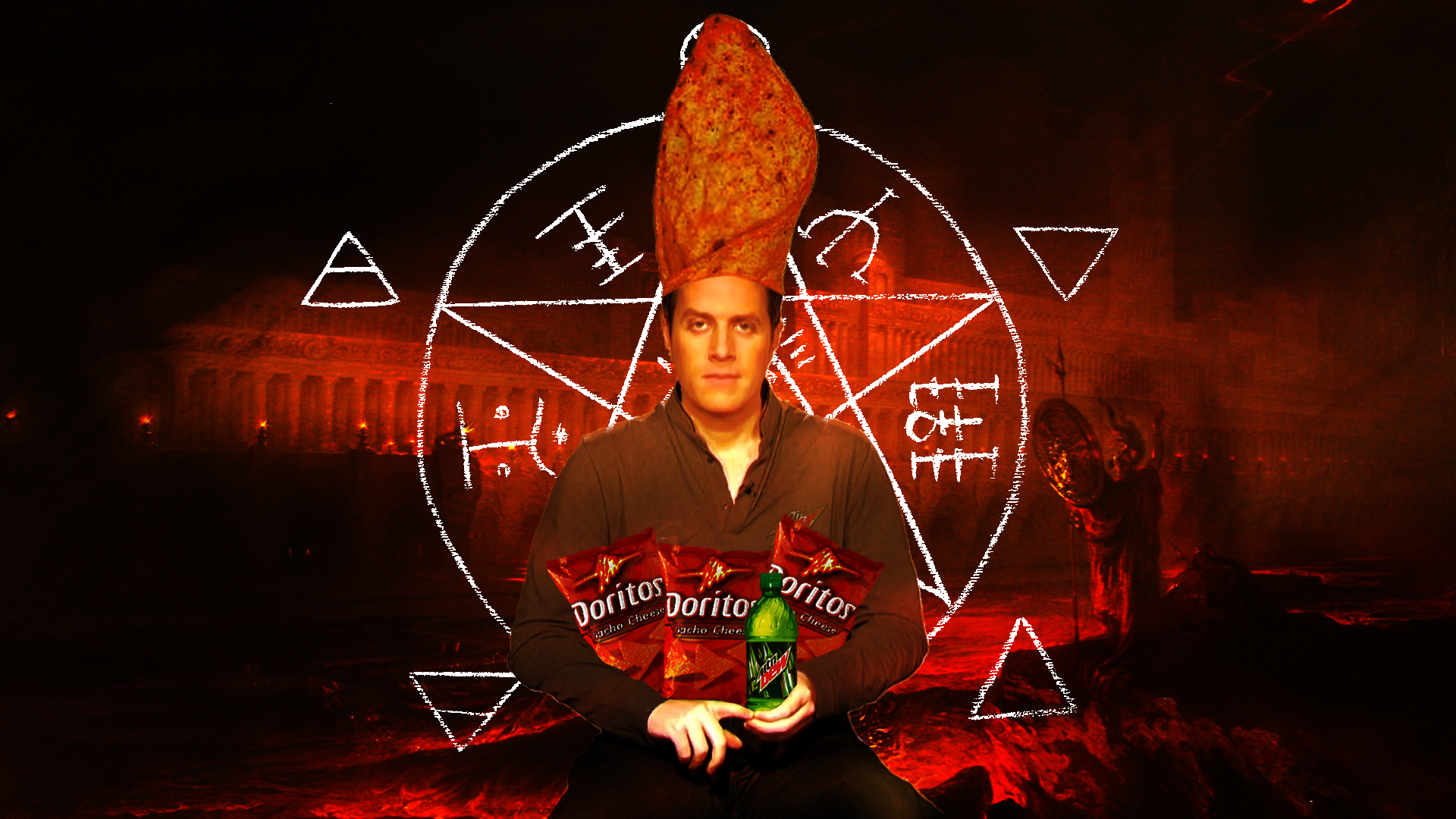The romanticized abuse by male characters in modern-day literature is, to say the least, icky (Colleen Hoover, I am looking directly at you). Without coming across as another pretentious English major who doesn’t know how to stop acting like they’re better than everyone else, I do wholeheartedly believe that we as a collective society need to start thinking more critically about what we consume and more importantly, how we promote it. And hey, I’m not going to sit here and shake my finger down at you for reading fairy porn—get your freak on, that’s none of my business. I will sit here, however, and shake my finger at you if you are unwilling to take a step back and think about the pedestal on which you place these “book boyfriends” of yours.
It would be wrong of me to only criticize modern-day fictional relationships as being somewhat problematic because, let's be real, Hamlet is the original male manipulator. There has, however, been a steady decline in the quality of books being published today, mainly due to the reach social media provides—which results in millions of readers simultaneously consuming whatever the trendy book of the week is, and book content creators pushing said book online in order to attract more traction to their page regardless of the quality of product. Capitalism, baby! While I do agree with the online discourse that majority of contemporary novels released today read like unedited Wattpad word-vomit, hot garbage has been published for as long as humans could write, so the argument that “this book is bad because I don’t like it” is merely the starting point that we as collective readers should be building off of in our critical analysis of hot-bod-steamy-romance novels.
As Anna Todd paved the way for abusive and obsessive romances in the Young Adult genre with her massively successful Harry Styles fanfic, After (before you come at me, yes, I have read the entire series thank you very much and no, I don’t want to talk about it), the world as we know it has fallen into a dark abyss of hell—also referred to as “BookTok.” Here, in the fiery pit of the internet, you will find over a billion TikTok videos under #booktok where the romance category takes the lead in the number of book recommendations and reviews being shared.
As Maria Butler wrote in RTÉ, there are two sides to the discourse around toxic relationships within literature. On the one hand, reading and being exposed to characters such as with Mr. Rochester and Connell Waldron can help identify what red flags to look out for in the real world, so as to avoid an engagement with a man who locks up his wife in an attic (spoiler alert), or simply know how to spot an emotionally unavailable Irish chap. It’s a tricky line to walk when it comes to blaming authors for the shitty men they write because again, as Butler states, writing can be an outlet for the very real and very dangerous kinds of relationships that exist outside of the page and often reflect the author’s own experiences. In my own experience delving into the world of “book boyfriends”, it is much less harmful to undergo the turmoils of these men in the fictional world and understand that this is not a how-to relationship manual, but rather the fictionalized reality of the harm that follows unstable partners.
The other side of the argument is where the icky aspect comes in. It pains me to know that some readers, specifically young readers, are first exposed to romantic relationships from authors such as Colleen Hoover, who gained massive popularity with the rise of #booktok. Just to reiterate—read what you want, I’m not the Arthur-appointed literary police coming to arrest you for your poor taste in books. I am here, however, to tell you that the promotion of Hoover’s books and books like them, littered as they are with abuse, dubious consent, and overall unhealthy boundaries in her love interests wrapped up in a pretty pink bow, should not be targeted toward young adults with no prior experience in romance. It all comes down to critical thinking which, you may be surprised to hear, most fourteen-year-olds haven’t mastered yet. As a former fourteen-year-old, I can say the damage the After series had on my development makes me a veteran when it comes to shaking my finger at romanticized abuse within the literary community. The main problem with books which obtain mass online popularity like Hoover and Todd’s, is that they are targeted to young children with unlimited and unfiltered access to the oversaturated #booktok. Let me be even more clear: I am not in the business of banning books—or TikTok for that matter—but I am in the business of shielding underdeveloped minds from forming their idea of romantic attachments around books that promote toxicity as sexy.
The human imagination has no boundaries. Just when you think you’ve read the worst of the worst, someone is dry heaving in a musty basement with their MacBook slathered in Arthur stickers waiting to jump out and exceed your expectations. You can’t win ‘em all, and you certainly can’t expect this fad of romanticized abuse within literature to disappear overnight. That being said, I’m rebranding “what happens in Vegas stays in Vegas” and adopting it to the online literary community. If reading about love interests who show their affection by burning down their betrothed’s house and permanently scarring them (yeah, that really did happen), tickles your fancy then hey, all the power to you. But if you find yourself thirsting after budding arsonists outside of the page, maybe read this article a few more times. And remember, fiction and reality exist on two different worlds entirely and have opposing standards of what is deemed acceptable in a romantic partner (shocking, I know).
All this to say yes, your “book boyfriend” is a piece of shit.


.png)


.jpg)

.jpg)
.jpeg)



.jpg)


.jpg)


.png)

.png)



.png)